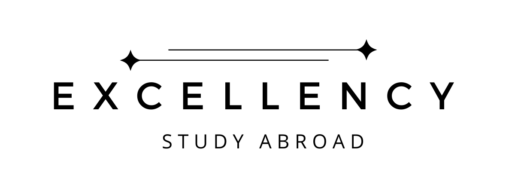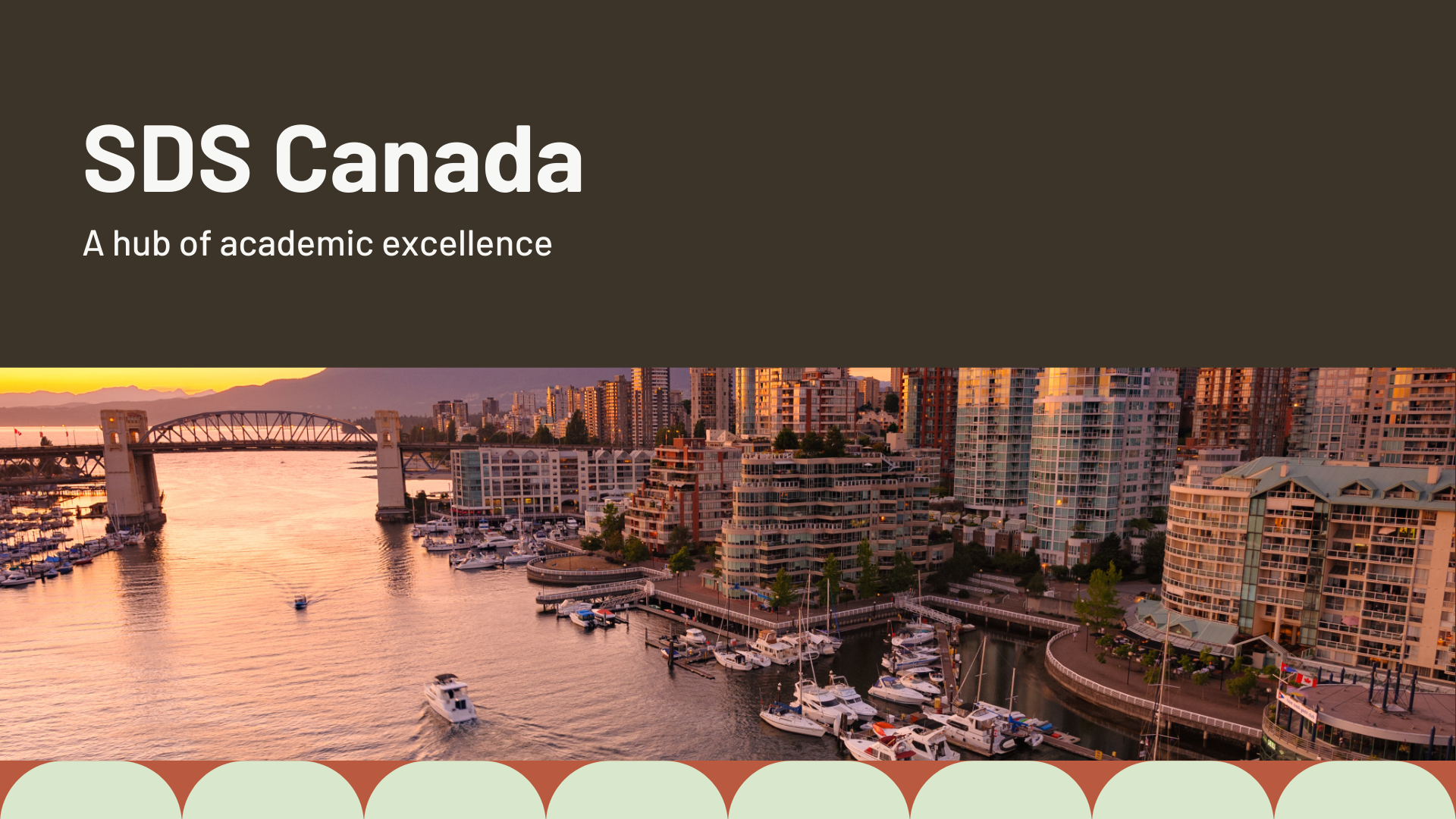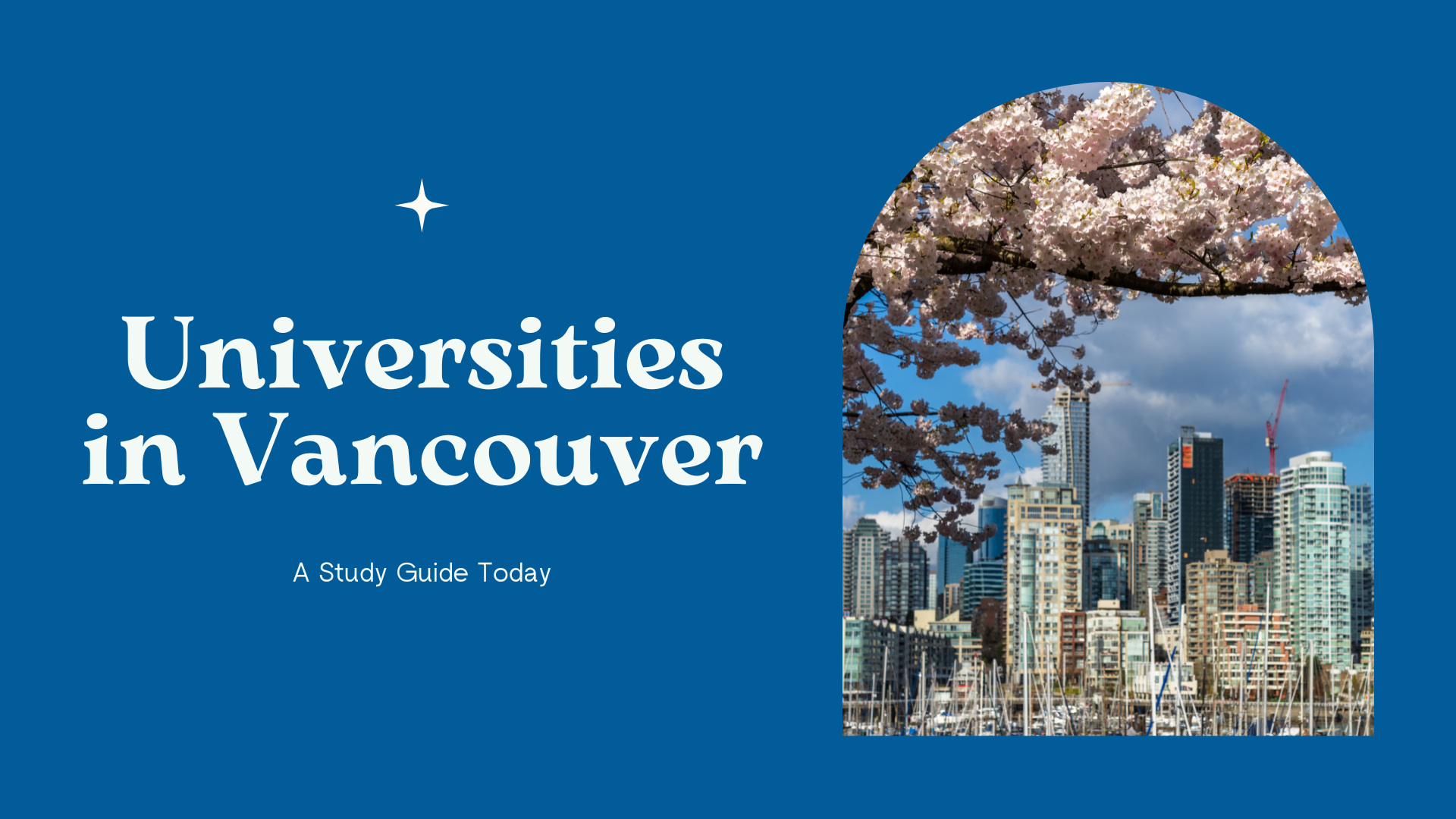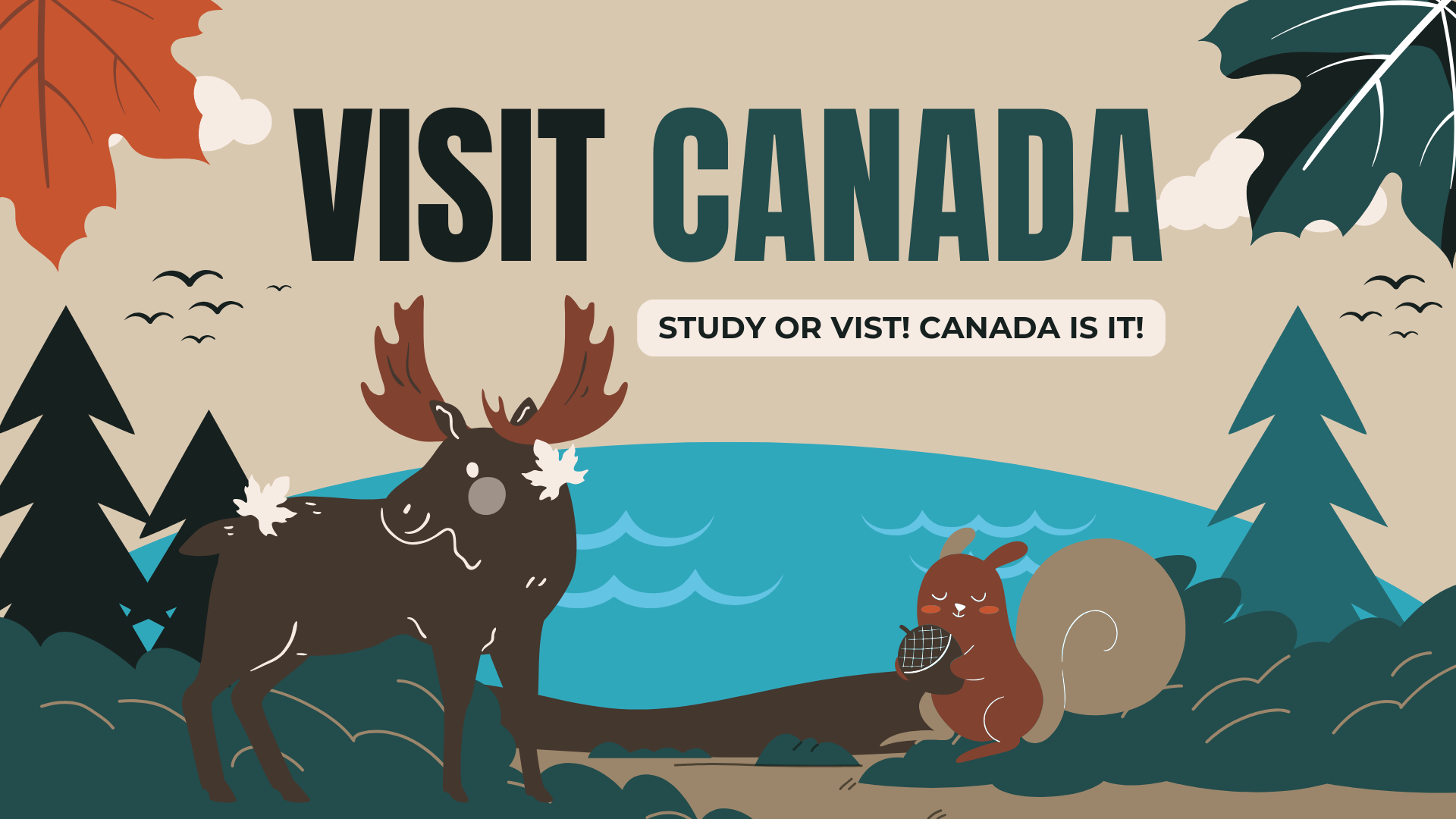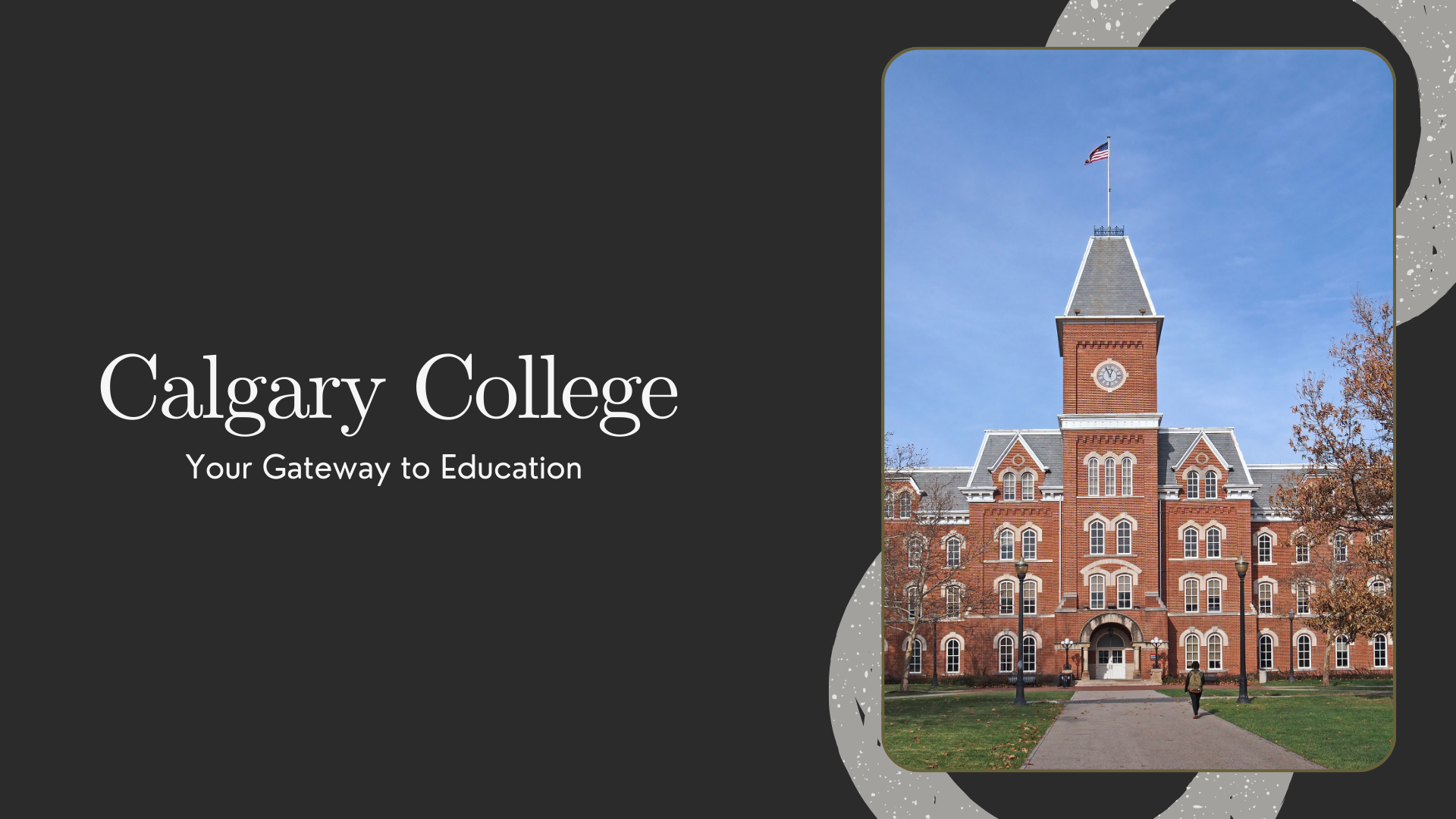The Student Direct Stream (SDS) is one of the most popular and fast-track routes for international students looking to study in Canada. This program, introduced by the Canadian government, provides an expedited process for obtaining a study permit to students from certain countries. In this blog, we will walk you through the key elements of the SDS Canada, including the IRCC SDS requirements, recent IRCC SDS updates, and everything else you need to know about the SDS visa process.
What is the SDS Canada?
The Student Direct Stream (SDS) is a Canadian immigration program designed to provide faster processing of study permits for students from designated countries. The program allows eligible students to apply for a Canadian study permit more efficiently, reducing processing times and allowing for quicker entry into Canada to begin their studies. The program is available to students applying for full-time post-secondary studies in Canada.
Since its introduction in 2018, the SDS Canada program has helped thousands of international students accelerate their application process. The SDS visa is a streamlined process that requires certain specific documentation to ensure eligibility for faster processing.
Eligibility for SDS Canada
To apply under the Student Direct Stream, applicants must meet certain eligibility criteria. These Canada SDS requirements are set by the Canadian immigration authorities (IRCC) to ensure that applicants are genuinely planning to study in Canada. The main eligibility requirements for SDS Canada are as follows:
- Country of Residence: The SDS program is available to students from several countries, including:
- China
- India
- Pakistan
- The Philippines
- Vietnam
- Morocco
- Senegal
- Brazil
- Colombia
- Peru
- Antigua and Barbuda
- Saint Vincent and the Grenadines
- Trinidad and Tobago
- Jamaica
- Letter of Acceptance: You must have a letter of acceptance from a designated learning institution (DLI) in Canada. Your chosen school must be part of the DLI Canada list, and you must be enrolled in a full-time program.
- Proof of Funds: You must show proof of sufficient funds to cover tuition fees, living expenses, and other costs in Canada. Unlike the regular study permit application process, under SDS Canada, students must demonstrate that they have guaranteed funds upfront.
- Language Proficiency: One of the key components of the IRCC SDS requirements is that applicants must provide proof of language proficiency in either English or French. The required scores are:
- IELTS: A minimum of 6.0 bands in each module (Listening, Reading, Writing, and Speaking).
- TEF (for French speakers): A minimum of NCLC 7 in all four skills.
- Guaranteed Investment Certificate (GIC): Students must provide proof of purchasing a Guaranteed Investment Certificate (GIC) of CAD 10,000, which is meant to cover the student’s living expenses for the first year. This GIC ensures that the student has enough funds for their stay in Canada.
- Medical Examination: Some students might also need to undergo a medical examination, depending on their country of residence and personal circumstances. This requirement helps ensure that the student does not have any health issues that could pose a risk to public health in Canada.
- Police Clearance: Students may also be asked to submit a police clearance certificate to demonstrate that they have no criminal record.
How to Apply for SDS Canada?
Applying for SDS Canada is similar to applying for a regular study permit, with a few additional requirements. Below is a step-by-step guide on how to apply for Canada visa through the Student Direct Stream.
- Get Your Documents Ready: First, you need to gather all the required documents. These documents include:
- Valid passport
- Letter of acceptance from a designated learning institution (DLI)
- Proof of language proficiency (IELTS/TEF)
- Proof of purchase of a Guaranteed Investment Certificate (GIC) of CAD 10,000
- Proof of sufficient funds to cover your tuition and living expenses
- Medical examination (if required)
- Police clearance certificate (if required)
- Complete the Application: You can apply online or through the visa application center in your country. Fill out the SDS visa application form carefully and upload all the required documents.
- Pay the Application Fees: Pay the application fee through the available payment methods. The fee may vary depending on your location and the type of visa you are applying for.
- Biometrics Appointment: If required, you will need to attend a biometrics appointment where your fingerprints and photo will be taken for the visa application process.
- Wait for Processing: Once the application is submitted, it will be processed by the Canadian immigration authorities. The SDS program typically offers faster processing times compared to regular study permit applications, with many applications processed within 20 calendar days.
- Receive Your Study Permit: If your application is successful, you will receive a study permit, allowing you to enter Canada and begin your studies.
Benefits of the SDS Program
The SDS Canada program offers several key benefits for students:
- Faster Processing: One of the biggest advantages of applying through the SDS visa is the reduced processing time. While regular study permits can take several months to process, SDS applications are typically processed within 20 days.
- Higher Chances of Approval: The SDS program has a higher approval rate compared to regular study permits. This is because the program has more stringent requirements, which ensures that applicants are better prepared financially and academically.
- Simplified Application Process: The SDS program streamlines the application process by requiring fewer documents than the regular study permit application. The focus is primarily on proof of funds, language proficiency, and GIC.
- Direct Stream for Certain Countries: The SDS program is specifically targeted towards students from certain countries, offering a fast track for those who meet the IRCC SDS requirements.
Recent IRCC SDS Update
The IRCC SDS update has provided several improvements to the program. Recently, there has been a push to expand the eligibility criteria for students from additional countries. The goal is to make the process even more accessible and efficient for students worldwide.
While the basic requirements of the program have remained largely the same, the introduction of new countries and improvements in document submission and processing have enhanced the program’s reach.
Things to Keep in Mind
While the SDS Canada program offers a faster way to obtain a study permit, it’s important to remember that meeting the eligibility requirements doesn’t guarantee approval. The Canadian government carefully reviews every application, and students must ensure that their documents are complete and accurate.
Additionally, the SDS visa program applies to students who wish to study full-time at a Canadian post-secondary institution. Students who wish to pursue studies at other types of institutions may not be eligible for this program.
Conclusion
The Student Direct Stream (SDS) program provides a great opportunity for international students to study in Canada through a streamlined and faster process. By meeting the SDS Canada requirements, students can benefit from quicker study permit processing times and an improved chance of approval.
If you're an international student from an eligible country, applying for a study permit under the SDS Canada program could be your best option for making your Canadian education dream a reality. Ensure that you meet all the IRCC SDS requirements and stay updated with any new IRCC SDS updates to avoid delays in your application process.

